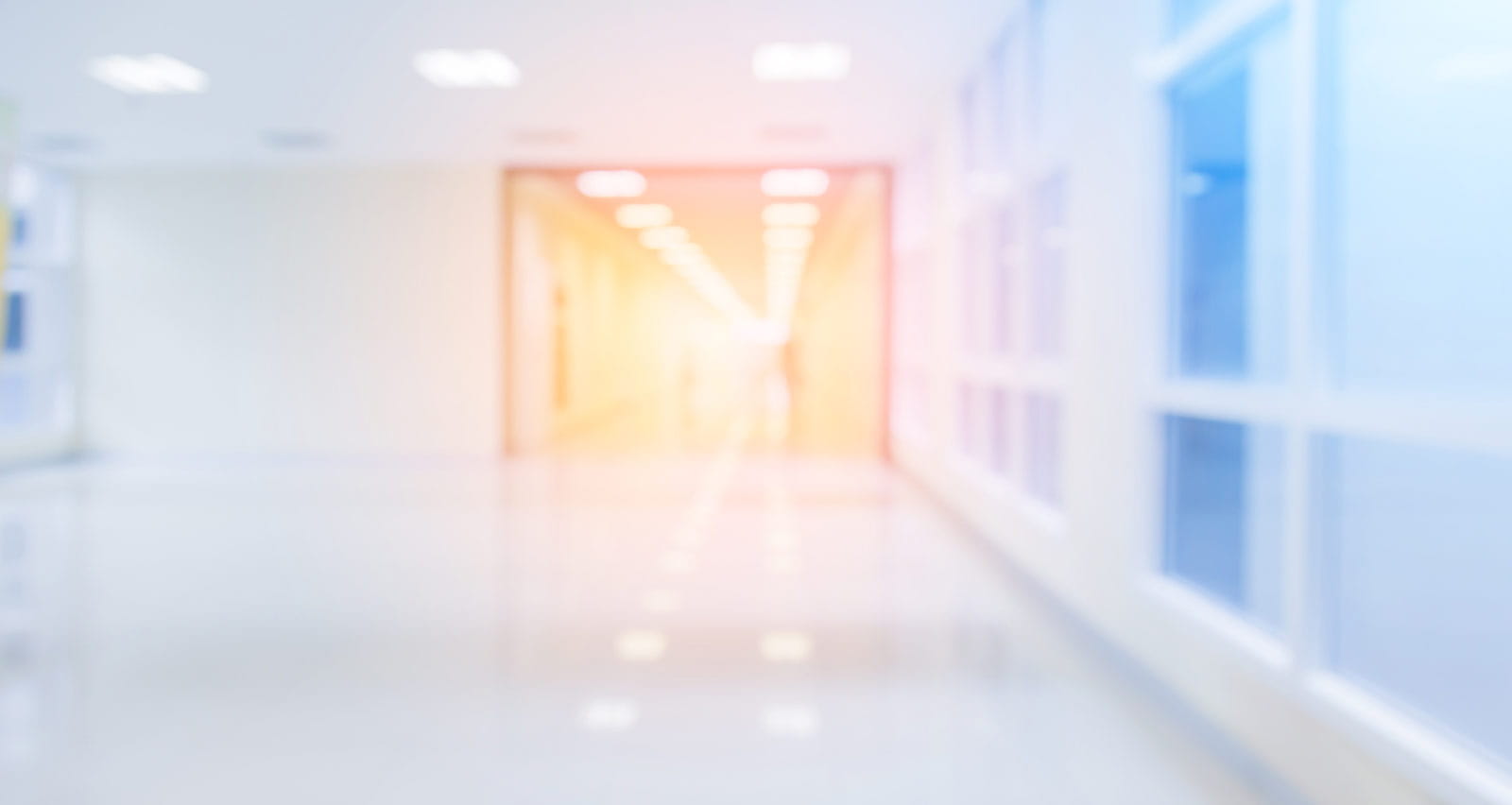
Sinus Bradycardia
Heart rhythm experts at University Hospitals Harrington Heart & Vascular Institute specialize in the diagnosis and treatment of the complete range of heart rhythm disorders, including sinus bradycardia.
Make An Appointment
Call 216-844-3800 to schedule an appointment.
Find a UH heart rhythm expertWhat Is Sinus Bradycardia?
Sinus bradycardia is an abnormal heart rhythm where the heart beats slower than normal (under 60 beats per minute for adults). It’s a fairly common condition, especially in adults over 65 and those who exercise regularly. Sinus bradycardia is generally not serious unless symptoms occur.
Sinus Bradycardia Symptoms
Sinus bradycardia doesn’t always cause any symptoms, particularly in people who are physically active and have the condition because their hearts are more efficient. For other individuals, symptoms of sinus bradycardia may include:
- Shortness of breath
- Chest pain (angina)
- Heart palpitations
- Fatigue
- Trouble concentrating
- Confusion
- Memory problems
- Dizziness, lightheadedness or fainting (syncope)
- Irritability, agitation or other personality changes
What Causes Sinus Bradycardia?
A number of conditions can cause sinus bradycardia. In some patients, the cause is unknown. When the condition causes problems, it’s called pathophysiologic sinus bradycardia. Causes of pathophysiologic sinus bradycardia include:
- Older age.
- Sick sinus syndrome, which is an abnormal heart rhythm that affects the heart's natural pacemaker (the sinoatrial node), causing slow heartbeats, long pauses between heartbeats or irregular heartbeats.
- Inflammatory heart conditions, including myocarditis and pericarditis.
- Congenital heart conditions (present at birth).
- Heart attack (myocardial infarction).
- Obstructive sleep apnea.
- Increased pressure inside the head due to an injury to the brain or another cause.
- Medicines that affect the sinoatrial node and heartrate, including beta blockers and calcium channel blockers.
- Overactive thyroid.
- Certain rare genetic disorders, such as myotonic dystrophy.
When sinus bradycardia is a normal event and is unaccompanied by symptoms, it's referred to as physiologic sinus bradycardia. Causes of this type include:
- High-endurance athletic training.
- Pressure on the carotid sinus caused by, for example, a very tight collar.
- Coughing or vomiting.
- Straining during a bowel movement.
- Sudden contact with cold water.
- Low body temperature (hypothermia).
Sinus Bradycardia Diagnosis
Your healthcare provider will give you a physical exam and ask you about your health history. You will have a test called an electrocardiogram (ECG), which records the heart’s electrical activity on a graph. An ECG is often enough to make a diagnosis. To check the heart for a longer period, your healthcare provider may have your wear an event recorder or similar device that records your heart’s electric for a longer period.
Other tests used to diagnose sinus bradycardia may include:
- Echocardiogram (or echo), which uses sound waves to create a moving picture of the heart. In addition to showing the structure of the heart and its valves, this test can reveal areas of poor blood flow inside the heart.
- Blood tests to rule out other health problems.
- Exercise stress testing to check the effects of exercise on heartbeat.
- Tests for sleep apnea.
- Tests to obtain a more detailed assessment of the heart's electrical activity and rhythm.
- Tests to study the autonomic nervous system.
Sinus Bradycardia Treatment
Sinus bradycardia generally doesn’t require treatment unless you have symptoms. For example, sinus bradycardia in people who are in good physical condition and exercise regularly doesn’t need treatment.
If you do have symptoms and your doctor recommends treatment, options include:
- Pacemaker: Implanted under the skin near the collarbone as a minor procedure, a pacemaker delivers electric currents to make the heart beat properly.
- Medication: Depending on the cause of your sinus bradycardia, medication may be appropriate, particularly if the cause is a temporary problem. In that case, intravenous (IV) and injectable medications such as atropine may be used to speed up the heart rate for a short time.
Make An Appointment
Call 216-844-3800 to schedule an appointment.


